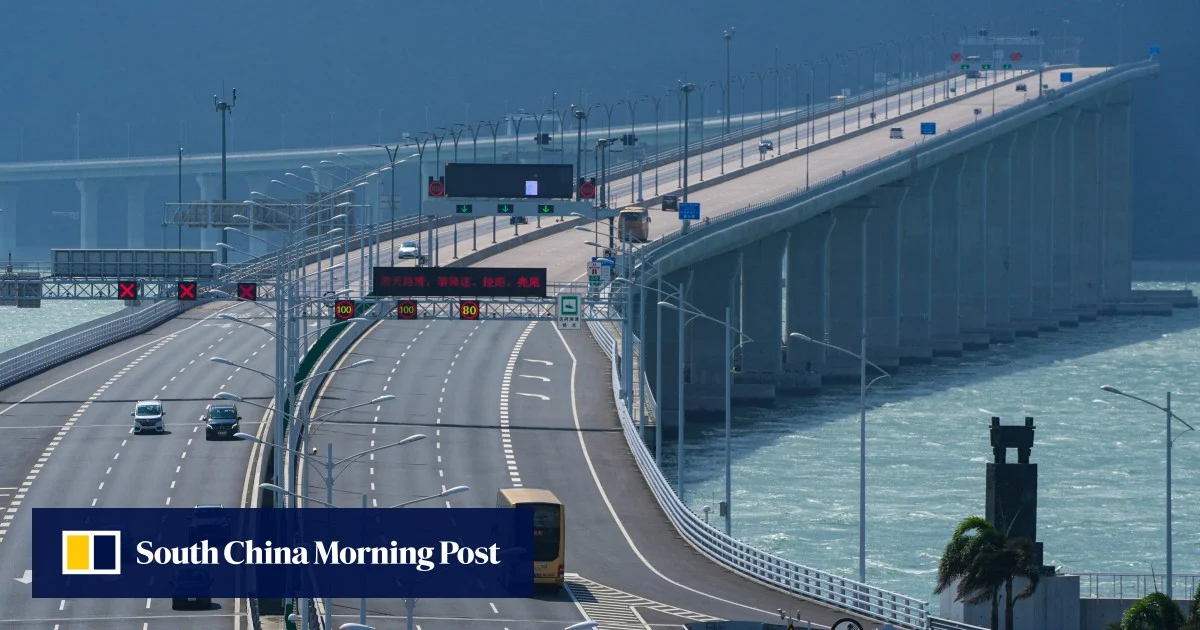Published on
October 10, 2025
For Nepali citizens, traveling to Hong Kong has always been a popular choice for both leisure and business. Whether it’s for the vibrant city life, rich history, or world-class shopping, Hong Kong offers a unique blend of East meets West that attracts thousands of visitors annually. However, as we move into 2025, the Hong Kong government has updated its visa policies, impacting Nepali tourists who wish to explore this bustling metropolis.
The Impact of Visa Requirements on Nepali Tourism to Hong Kong
Unlike citizens from over 170 countries who can visit Hong Kong without a visa, Nepali passport holders still face the necessity of applying for a visit visa before departure. This change presents both opportunities and challenges for travelers, and for the tourism sector, it means more preparation is required for tourists eager to experience all that Hong Kong has to offer.
Simplified Online Application Process
One of the most important aspects of this new visa policy is the online application process. Nepali citizens must now complete the Form ID 1003A via the Hong Kong Immigration Department’s e-Visa portal. This online system has simplified the application process, providing travelers with a more accessible way to secure their visas. Travelers must also submit supporting documents such as a valid passport, a recent passport-sized photograph, proof of sufficient funds, and confirmation of hotel bookings or other accommodation details. These improvements, while necessary, also highlight the growing importance of digital platforms in global tourism. The ease of applying online boosts the accessibility of tourism, potentially encouraging more Nepali citizens to visit Hong Kong.
Promoting Tourism Through Clear Requirements
This visa update also helps to streamline the immigration process. Travelers will now know exactly what is required of them before they embark on their journey, reducing uncertainty. Clear guidelines on documents, applications, and visa fees (which range from HK$600 to HK$1,300, depending on the visa type) ensure that tourists can avoid last-minute hassles. These measures encourage more organized and planned trips, fostering a stable flow of visitors to Hong Kong.
For the Hong Kong tourism industry, the structured process provides a predictable and manageable influx of Nepali tourists. It ensures that visitors have the necessary documentation and meet entry requirements, reducing the potential for overstay issues or other immigration complications. This system benefits tourism-related businesses in Hong Kong, such as hotels, restaurants, and cultural sites, by encouraging tourists to plan well in advance.
Tourism Impact: The Challenges
While the visa process has been made more efficient, it also introduces new challenges. One of the key hurdles for Nepali tourists is that Hong Kong does not offer visa-on-arrival facilities. This requirement may discourage some spontaneous travelers who prefer flexibility and last-minute plans. In some cases, tourists may face challenges if they are unaware of the visa application process or don’t apply in advance, potentially leading to a denial of entry or delays at the airport.
The tourism flow may also be affected by the processing time for visa applications, which typically ranges from 2 to 4 weeks. For those who plan a trip on short notice, this waiting period might present difficulties, especially when flights or hotel accommodations are booked in advance. Additionally, this visa requirement places a burden on tourists who may not have easy access to the necessary documents or who rely on traditional travel agencies for help with the visa application.
Positive Impacts on Sustainable Tourism
While some aspects of the policy could deter last-minute visitors, there are clear advantages from a sustainability perspective. A more structured application process could lead to better management of tourism numbers, reducing overcrowding in certain popular areas. Hong Kong’s tourism sector can better cater to travelers when there is a predictable flow of visitors, creating a more sustainable environment for tourism overall. By reducing the number of unplanned tourists, the government can help maintain the quality of the visitor experience and reduce the strain on the city’s resources.
The Long-Term Outlook for Tourism
As Nepali citizens begin to adapt to these new visa requirements, there is a strong potential for the tourism relationship between Nepal and Hong Kong to flourish in the long term. The ease of access, coupled with clear application guidelines, positions Hong Kong as a welcoming destination for Nepali travelers, offering them an easy entry point into an exciting international tourism market.
Additionally, it presents opportunities for tourism businesses in Nepal to forge partnerships with agencies or organizations in Hong Kong, further facilitating smoother travel and creating new avenues for tourism. The updated visa policy, while introducing additional steps, serves as an opportunity to promote cultural exchange, support local businesses in both nations, and offer an enriching travel experience for Nepali citizens.
A New Chapter for Nepali Tourism to Hong Kong
For many Nepali travelers, Hong Kong has always been a destination full of possibilities—whether it’s a shopping spree, a visit to Victoria Peak, or immersing in the local food culture. Despite the new visa regulations, these updates may serve to better streamline travel experiences in the long run, benefiting both travelers and the Hong Kong tourism sector. As Nepali travelers adjust to these changes, they will continue to be welcomed with open arms, ready to explore the vibrant city and contribute to its growing tourism industry.



